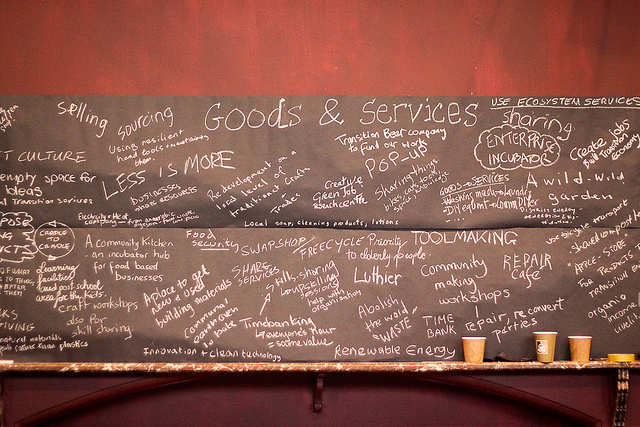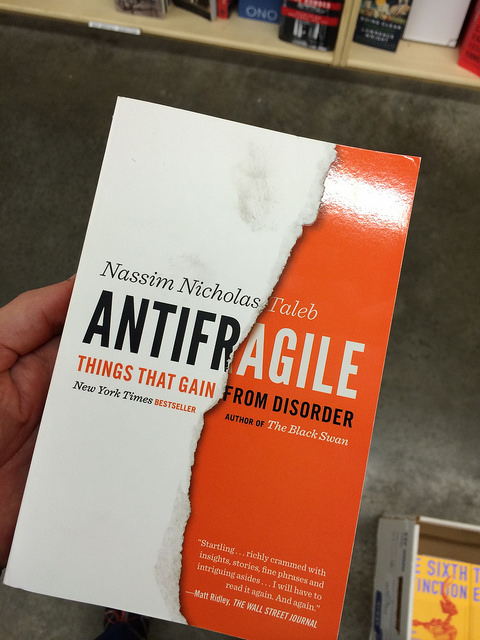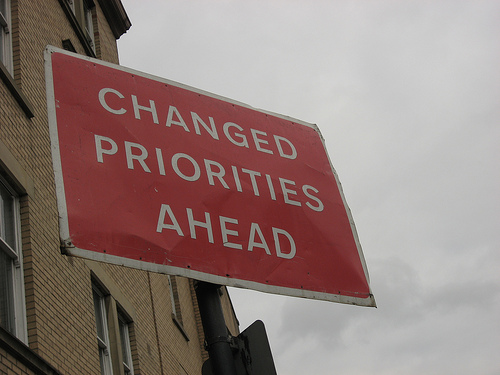Today, I received a letter from a project leader in the mail. I chuckled and got a warm, fuzzy feeling. Here I was, thinking about the tenth and last law of collaborative writing—how important it is to recognize all collaborators and celebrate your collective achievement. Then a thank-you note arrives. (And I did not Photoshop that time stamp….
Your collaboration tools may be useless
State-of-the-art collaborative tools are about as useful as a box of hammers (see photo) if no one is clear on the aim of the project. It is misguided to think that your team has a good collaborative environment just because everyone shares the same database, or that a specific social media tool is all you need to get…
Is your organization losing its mind?
Your team is compiling hundreds of pages to support your organization’s product. It takes months, sometimes years. So you can expect the faces at the table to change over time. Writing in organizations takes planning. If the team members take all the expertise with them, the collaborative writing project could be affected. And the organization might feel…
Model 1 – The lone writer: A lose–lose situation
The lone writer model is more common in organizations than you might think. Whenever work is sent to a single person for execution, either to someone in the organization or to a freelance writer (often the same person each time, since that person knows the organization very well), the lone writer model is being put into action….
Which writing process does your organization follow?
There are three main types of writing models that can be used to produce documents in organizations: Model 1. The Lone Writer, where one person does most of the writing for the organization Model 2. The Writing Shop, where a bank of writing specialists produce documentation Model 3. The Collaborative Team, where various writers and subject matter…
Collaborative Writing is Antifragile
Collaborative writing is a way to make a document better than if it were written by one person. Things can get better through uncertainty and seeming disorder. In his book, Antifragile: Things That Gain from Disorder, Nassim Nicholas Taleb looks at human activity from this unique perspective: Some things benefit from shocks; they thrive and grow when exposed to…
Law 3. Identify the writing mandate and agree on a process
When there is writing to be done, most people expect some magic to happen. The mystique surrounding the creative process is powerful. There is no magic, though. Setting words on the page is a process and having a plan is key. Very early on in the development process, your team must capture the expectations for the project….







